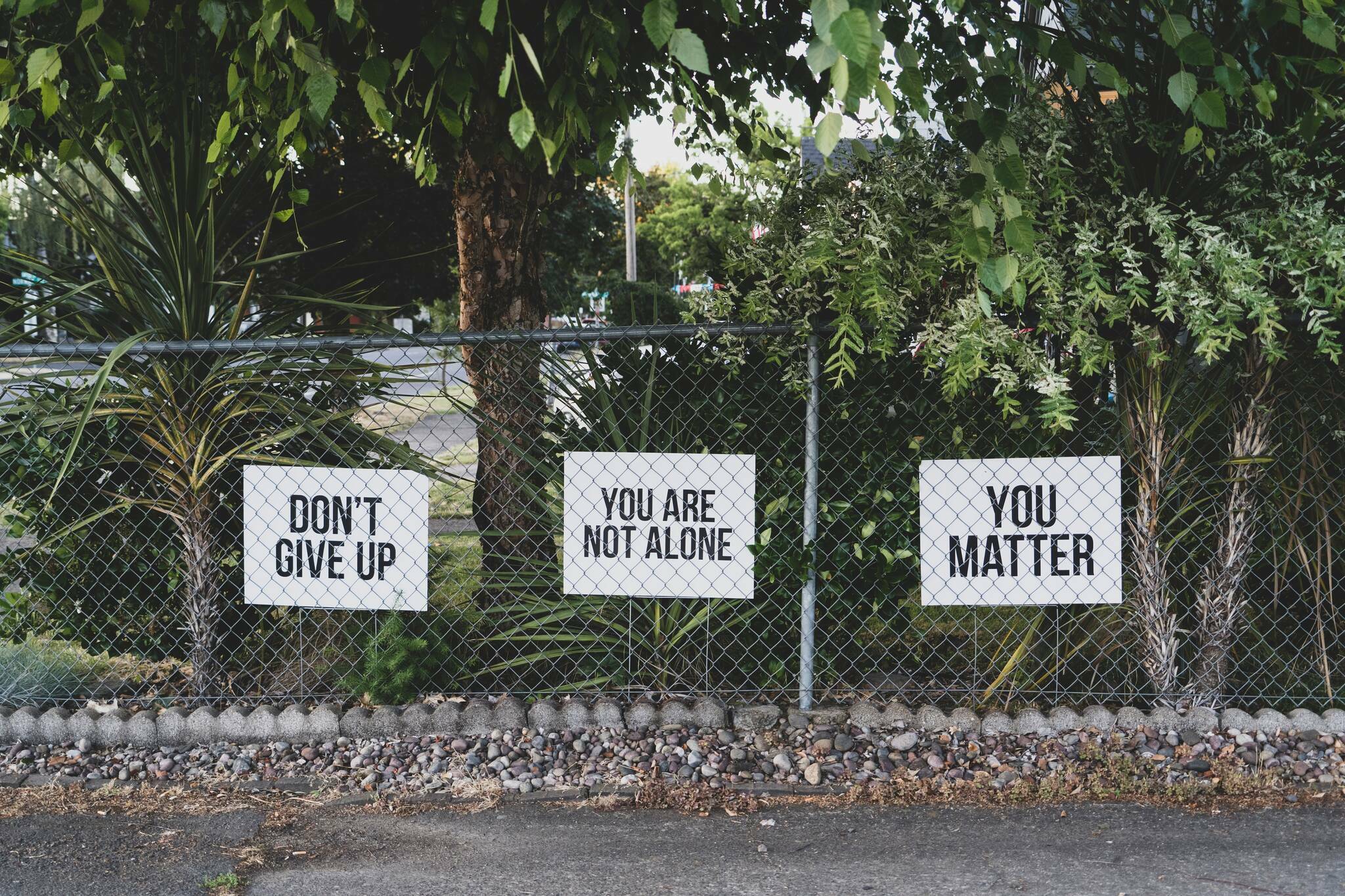Upon reflection of growing up in the household that I did, I want to be mad at my father for the climate he created. But I can’t be mad at him without also being angry at my grandfather. Though he passed away almost two decades ago I can still hear my aunts and uncles talk about the emotional scars that linger. I don’t know much about my great-grandfather, but I know he and my great-great-grandparents had to flee Guatemala during the ‘50s coup. I can’t know for certain that this U.S.-backed action contributed to my paternal family’s trauma, but it would make sense.
When I initially started my own family, I found myself in a relationship that was increasingly unsafe. Here, I also can’t be mad at any one specific person because there must have also been inherited trauma. From what I’ve pieced together, my children’s paternal great-grandmother “lived with her mother off and on” and was sent away to the Pius X Mission School in Skagway. Her grandparents had been given English names by missionaries. There are clearly wounds that have also been passed down in a different way.
I worry that my kids will inherit all the trauma of their ancestors. I continue to carry a lot of guilt about not fleeing that unsafe situation sooner and it manifests as hypervigilance or immobility. I was fortunate to participate in Yéil Koowú Shaawát, the raven-tailed women’s healing village. Through listening and talking, I have begun the healing process. It would have been easier to be silent and maintain the status quo. It was hard work to confront the harsh truths and raw emotions, but that journey was necessary to create the conditions of change. I have accepted that I will never fully be “healed,” and each subsequent day is a journey. But more than anything, I want to ensure that my kids have the tools to cope with whatever life may throw at them in the future.
As I look out into all the instability of the world today, I can’t help but also worry about the next generations to come out of these current conflicts. These faraway conflicts also have two sides who are experiencing their own traumas passed down from one generation to the next with no end in sight. The fighting may eventually stop, but that trauma will still remain.
May is Mental Health Awareness Month. This is a time to raise awareness, combat stigma and share resources around wellness. Every person in the world deserves to live in a safe and stable environment. I would encourage everyone to take some time this month to reflect and reach out. Everyone deserves to freely access the support and resources they need to navigate our complicated world.
• Supanika Ordóñez is Thai and Guatemalan. She has her B.A in Jewish studies and an M.S. in early childhood education. She has been diagnosed with post-traumatic stress disorder, but is not defined by it. She lives in the Twin Lakes area with her two boys and very patient partner.

